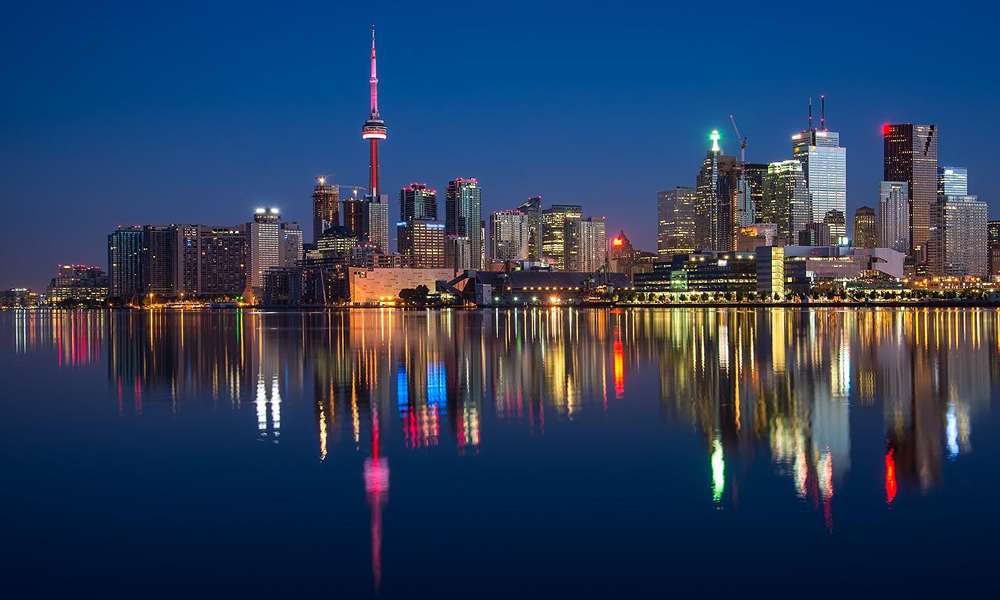CIC Releases Mid-Year Express Entry Report

Canada’s new 10-year visitor visas have indirectly increased foreign ownership, developers heard during the Urban Development Institute’s first panel discussion on foreign ownership in Vancouver.
Industry experts on the Wednesday panel didn’t agree how on many millionaire immigrant investors have snapped up Vancouver real estate – or whether foreign money impacts the market in the first place – but immigration lawyer Jeffrey Lowe indicated immigration is not the best way to measure foreign investment.
“People can now come in as visitors, look at properties and buy properties,” Lowe said, referring to the longer-term visa program the federal government introduced in February 2014.
“They don’t have to spend any time here. Increasing the visas indirectly encourages more foreign ownership.”
The program is popular among visitors from China, India and Mexico, according to the federal government.
Foreign ownership is a controversial issue in Vancouver, where industry experts disagree on how much impact offshore capital has on the city’s heated real estate market or even what constitutes a foreign buyer in the first place.
Politicians have weighed into the debate, with Prime Minister Stephen Harper promising to collect data to see if foreign buyers are driving up prices.
Panelist Cameron Muir, an economist who works for the B.C. Real Estate Association, said there’s “no hard and fast number” on foreign ownership, but then said foreign buyers make up less than five per cent of the market. He argued the dwindling supply of single-family homes is boosting prices, not foreign buyers. He cautioned against calling someone “the other” because of the origin of their last names.
UBC geography Prof. David Ley said accusations of racism and arguments that dismiss anecdotal evidence deflect from the debate. He said hundreds of anecdotes suggest foreign buyers are influencing the market.
“They are little pieces of evidence, and cumulatively they tell a reliable story,” he said. “Wealth from outside this region is making housing unaffordable to people who live and work inside this region.”
He is “blown away” by how silent the provincial government has been on the issue, especially since conservative governments in Hong Kong, Singapore and the United Kingdom have taken measures to cool unaffordable markets. Ley suggested a higher property transfer tax on luxury homes and a flipping tax as ways to cool the market.
Lowe and Ley agreed that Vancouver should expect more demand from foreign buyers, specifically from China. Based on a study by Barclays, they estimated between 500,000 and 700,000 Chinese people with more than U.S. $1.6 million want to leave their country within the next five years.
Leave a Reply